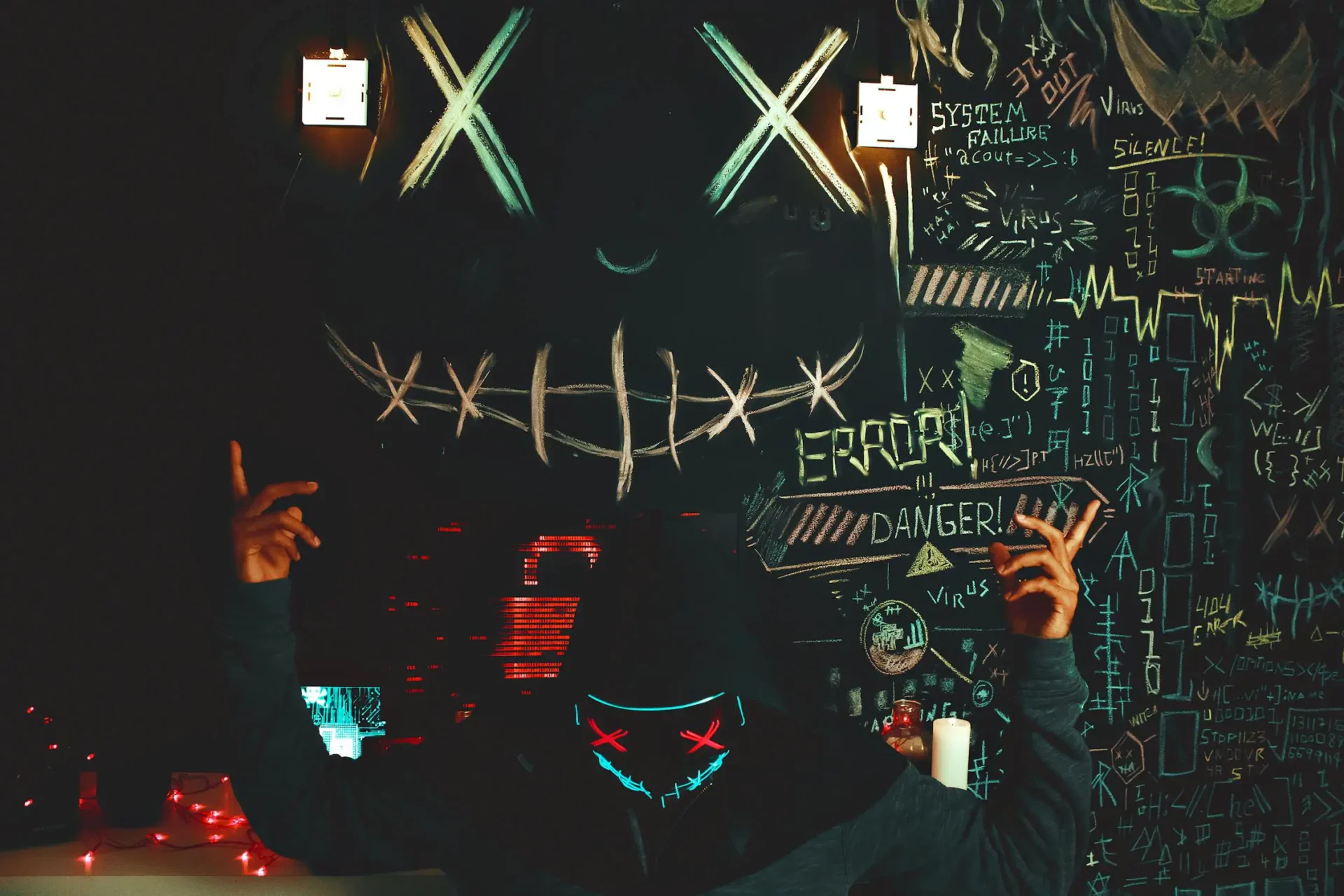In recent years, the term “Grinch the Undying Glitch” has captivated the online world, conjuring up images of both digital quirks and familiar folklore. This unique combination of an iconic Christmas character with a digital error concept has intrigued fans worldwide. But what exactly does it mean? And why has it sparked so much interest? Exploring this viral phenomenon reveals a blend of nostalgia, humor, and internet culture that makes “Grinch the Undying Glitch” more than just a passing trend.
The Origins of Grinch the Undying Glitch
The journey of “Grinch the Undying Glitch” began within the vast, creative communities of the internet. Fans initially latched onto the Grinch character for its holiday spirit and memorable personality. In recent years, creative social media users began incorporating the Grinch into scenarios that highlight his persistence and indomitable nature. With references to the Grinch as an “undying” glitch, the character evolved from a seasonal icon to a symbolic figure in digital culture.
The Myth of the Undying Grinch
The Grinch, created by Dr. Seuss, is a symbol of redemption and transformation. However, in this new portrayal, fans began to imagine him as someone who cannot be defeated, even by his bad intentions. This undying quality gives the character a twist that shifts his journey from redemption to resilience, echoing themes that resonate in the gaming world and beyond.
The Concept of a Glitch in Digital Culture
The term “glitch” traditionally refers to a flaw or unexpected behavior in a digital system, often seen in video games where characters or visuals behave unpredictably. The concept of a glitch has evolved to represent oddities, quirks, and strange moments in various media. A glitch can add excitement, mystery, or humor to a character, making it the perfect addition to the Grinch’s personality.
The Fusion of “Grinch” and “Glitch”
The combination of the Grinch character with the idea of a “glitch” resonates with audiences who appreciate both holiday nostalgia and tech-savvy humor. The Grinch’s mischievous nature aligns well with the erratic behavior of a glitch, creating a new persona that feels unpredictable yet timeless. By blending these two, fans have found a way to reimagine the Grinch as a character who never quite leaves the screen, haunted by his persistence.
Psychological Appeal of Grinch the Undying Glitch
Human fascination with glitches taps into a deeper curiosity about imperfection and unpredictability. The Grinch, already a symbol of transformation and rebellion, takes on new life when viewed through the lens of a glitch. There’s a strange satisfaction in imagining a character that persists against all odds, breaking his original storyline’s boundaries to become a digital realm legend.
Analysis of Grinch the Undying Glitch in Pop Culture
From memes to fan art, “Grinch the Undying Glitch” has become a staple of online creativity. Social media platforms like Twitter, Reddit, and TikTok are filled with references to the Grinch’s undying spirit. Fans have embraced the character in surprising ways, creating countless interpretations of what it means for him to be an undying glitch. This cultural shift showcases how fans are eager to expand classic characters into fresh and innovative roles.
The Viral Spread of “Grinch the Undying Glitch” Online
Thanks to the rapid sharing abilities of social media, “Grinch the Undying Glitch” has grown beyond a niche term into a viral phenomenon. Memes, fan theories, and comedic sketches all contribute to its popularity. Social platforms provide the perfect stage for the Grinch to come alive as an indomitable character, constantly returning to remind audiences of his unbreakable spirit.
Significance of the “Undying” Aspect
The term “undying” imbues the Grinch with a sense of immortality, positioning him as an enduring figure in pop culture. This undying attribute connects with fans on a symbolic level, suggesting that certain characters and stories never really disappear—they simply change form, evolving into new narratives that speak to each generation.
The Impact on Media and Merchandise
With the popularity of “Grinch the Undying Glitch” rising, it has become a source of inspiration for merchandise, digital art, and even fanfiction. Companies and artists alike see value in the concept, creating unique pieces that celebrate the Grinch’s undying nature. Merchandise featuring glitch-inspired Grinch designs highlights how well-loved this character has become within both mainstream and niche circles.
The Role of Fan Theories
Fan theories play a huge role in keeping “Grinch the Undying Glitch” alive. From ideas about the Grinch as a literal glitch in the Christmas story to more symbolic interpretations of his resilience, fans are constantly expanding his legacy. These theories contribute to the richness of the character, showing how deeply audiences connect with this undying figure.
Possible Connections to Gaming and Tech Culture
Tech-savvy fans and gamers often find appeal in the “undying glitch” concept, which aligns with popular gaming experiences where glitches create excitement. The Grinch, as a character who refuses to fade away, fits right into the gaming narrative. For many, he represents that stubborn boss level that just keeps reappearing, challenging players to rise above the odds.
Psychological and Emotional Appeal of the Concept
Why do audiences find “Grinch the Undying Glitch” so fascinating? It’s partly because this concept speaks to our battles with imperfection and resilience. We all face challenges that refuse to go away, and the Grinch—unwavering and unyielding—embodies our struggles to persist, giving us a character who mirrors our experiences in an exaggerated, yet relatable way.
Is “Grinch the Undying Glitch” Here to Stay?
As trends go, “Grinch the Undying Glitch” may stand the test of time. His appeal lies in a unique combination of familiarity and novelty, connecting with generations who know him as both a holiday icon and a symbol of resilience. With continued creativity from fans and artists, this undying Grinch will likely remain a fixture in digital culture.

